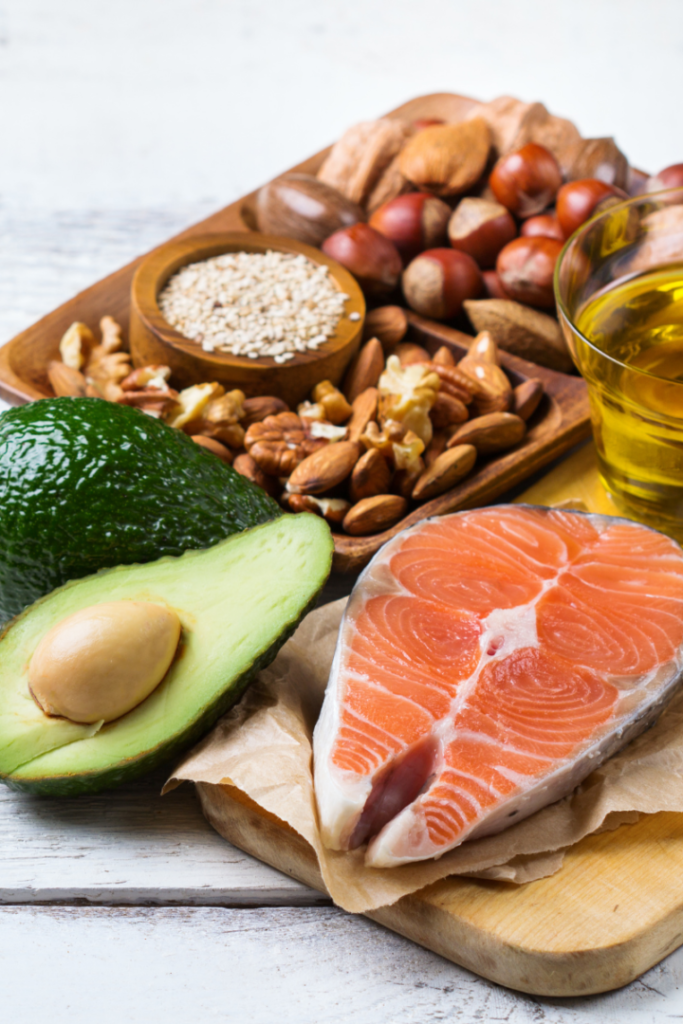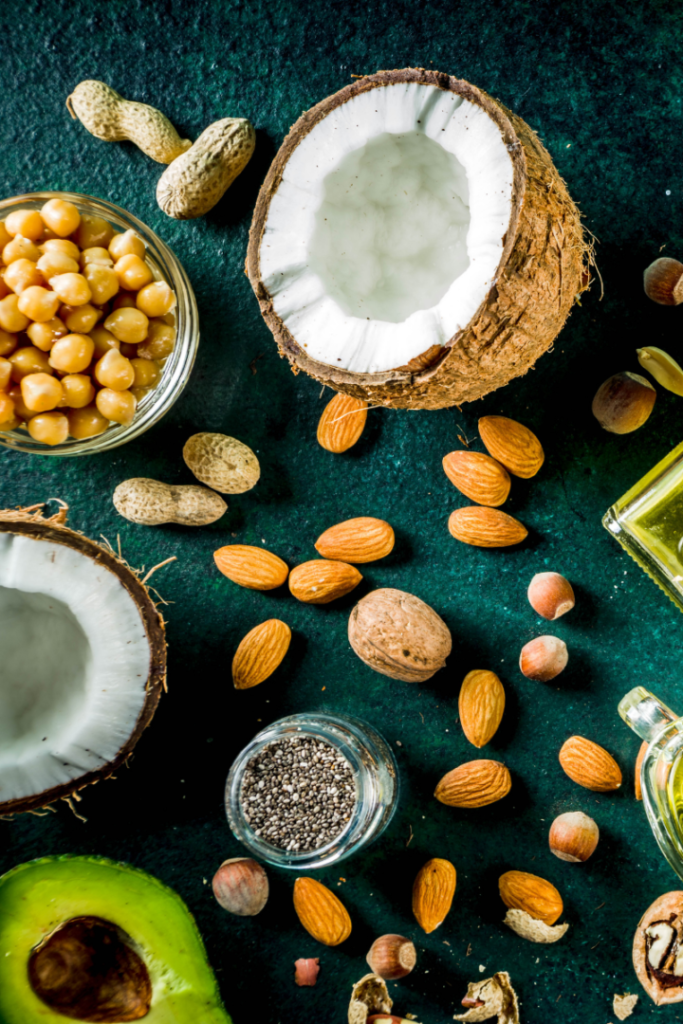UNDERSTANDING THE MACRONUTRIENTS: FAT
Briana Brown, NTP, CF L1

Since the 1950’s fat has gotten a bad rap as the macronutrient that will clog your arteries and make you fat. Luckily, we are finally kicking the fat-free fad and waking up to the importance of diverse, quality fats in our diets.
Role of Fat in the Body
Like protein is the building block for tissues, organs, nerves and muscles, fat is the building block for our cell membranes. Strong cell membranes serve as the protective lining for all organs in the body. Along with cell health, fats are vital in thyroid function, hormone production and regulation. Consistent fat deficiency can lead to hormonal imbalances in both men and women. Men should consume no less than 60 grams of fat per day while women should not dip below 50-60 grams per day.
Additionally, fats are crucial for numerous body functions and structures such as:
- Helping us to absorb the fat-soluble vitamins A, D, E, and K.
- Improving the taste of food, increases satiety, and helps regulate the speed we digest food.
- Providing an important source of high caloric energy that is ideal for long, low-intensity activity.
- Building cell membranes and certain hormones
Sources of Fat
Food quality is important with all macronutrients, but it’s especially key when it comes to fats. Toxins can build up in fat tissue leading to numerous health issues, so it’s best to get fats from clean sources.

Animal fats – duck fat, beef tallow, bison tallow, bacon fat, pork lard; olive oil, avocados, coconut oil, MCT oil, pasture-raised whole eggs, wild-caught fatty fish, nuts, nut butters, dark chocolate, full-fat cheese, seeds, full-fat yogurt, 100% grass-fed animals.
Fats to Avoid
Avoid man-made and highly refined fats whenever possible. These “Franken Fats” are unnatural and interfere with healthy fats in the body. They are also very sensitive to light, heat, and oxygen and easily become rancid leading to inflammation in the body when consumed.

Margarine, vegetable oil, canola oil, soybean oil, corn oil, grapeseed oil, rapeseed oil, safflower oil, other industrial seed oils.
Application
Now it’s your turn. Take a look at your diet. What good fats are you eating? Are there any fats in your diet that would be best avoided? Chat with your coach if you could use some guidance. Let’s work together to ensure your food choices are in line with your long term health and wellness.
